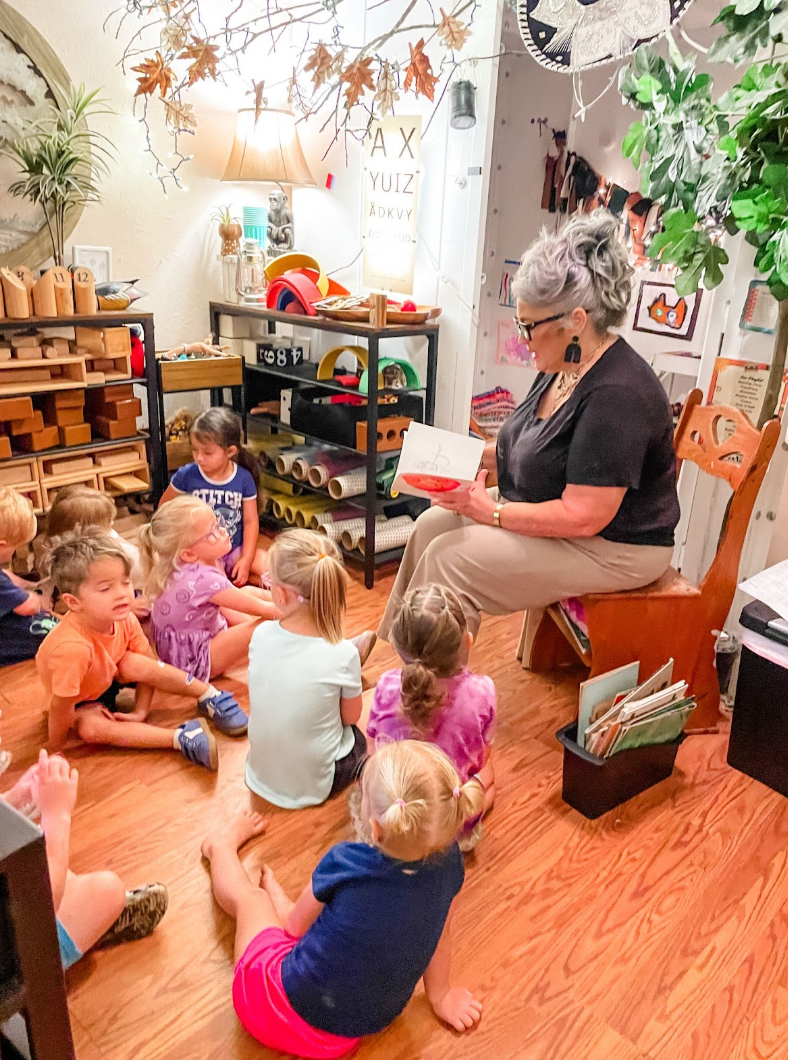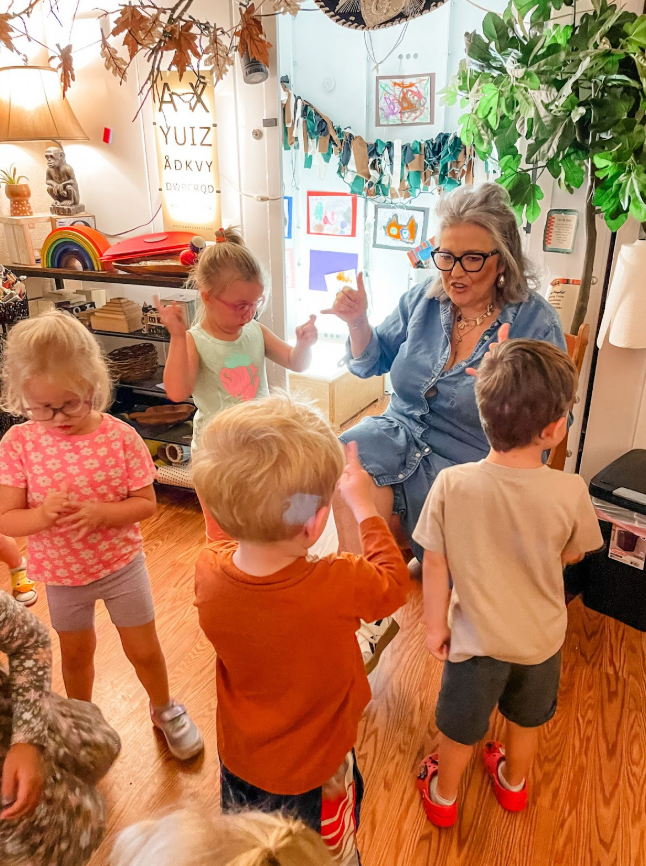Written by Eboni Delaney, Interim Director of Policy and Movement Building
“It’s a sad day for early education in Arkansas.”
Across the country, family child care educators are sounding the alarm. The stability of care is being chipped away, community by community, and the very foundation of child care is at risk. In state after state, we hear the same story: families suddenly losing care, programs shutting down, and educators asked to carry heavier burdens with fewer resources.

In Arkansas, that reality came into sharp focus. A week ago, every child care provider in the state was asked to attend a webinar and received information that outlined significant changes to a system that had been in place for decades.
For more than 30 years, Arkansas providers have worked within the Better Beginnings/QRIS system, a framework that encouraged and rewarded higher quality. National accreditation (including NAFCC’s National Accreditation) once held the highest recognition, a level six with reciprocity. That recognition has now been erased. Now, regardless of quality or commitment to children, every provider will now be paid the same rate. For some, this means nearly a 50 percent reduction in subsidy payments.
Debbie Mays has seen these shifts from every angle. She has been nationally accredited for years and has led three statewide accreditation projects in Arkansas. She is also a former NAFCC state representative and has been in business for nearly 40 years. Few know better what it takes to build and sustain quality in family child care, and how quickly it can be unraveled.
“Not only have I not been paid by the state of Arkansas in six weeks—since I have been open—but I also just received ten days’ notice that my pay, if it ever comes, will be cut by $2,560 a month. So much for high quality in Arkansas,” Debbie shared.
The ripple effects are immediate and severe. Professional development grants have been halted. Providers are being forced to raise ratios to keep their doors open. Staff who have elevated quality are being laid off. Many educators question whether to pursue investing in quality improvements or national accreditation when their state no longer values it.
“Arkansas just went from number two in the nation in early care and education to who knows where. We turned the clock back 30 years,” Debbie said.
Even as the state signals that quality no longer matters, Debbie remains committed. “[Quality] matters because children matter. It matters because this is our profession. It matters because national accreditation remains the highest standard of care in family child care, even if Arkansas chooses to ignore it.”

Family child care educators, like Debbie, are the foundation of early learning in this country. They are the ones who make care possible in neighborhoods where no other options exist. They welcome infants and toddlers who are often left out of the system. They ensure children grow up safe, nurtured, and ready to thrive. Their work is not only essential, it is irreplaceable.
That is why NAFCC is sounding the alarm. When states strip away recognition of quality and eliminate fair compensation, they undermine the very foundation of child care. If family child care educators cannot survive, communities lose access, families lose stability, and children lose the safe and high-quality care they deserve.

Debbie and her colleagues are not staying silent. On October 1, they plan to close their doors in solidarity and make their voices heard at the Arkansas State Capitol. They have launched a digital campaign, are speaking to legislators and stakeholders, and are showing up in every space where decisions are being made.
NAFCC stands with them. The voices of family child care educators must not only be heard—they must shape the solutions that will sustain and strengthen this field. The future of care and education depends on it.





